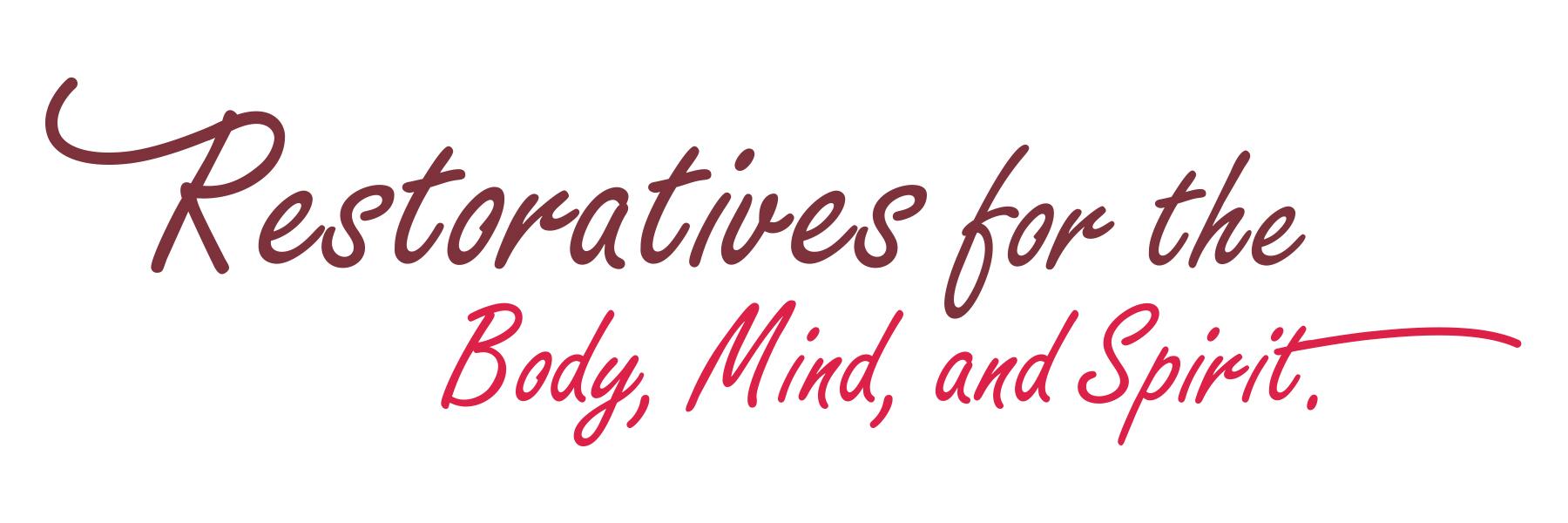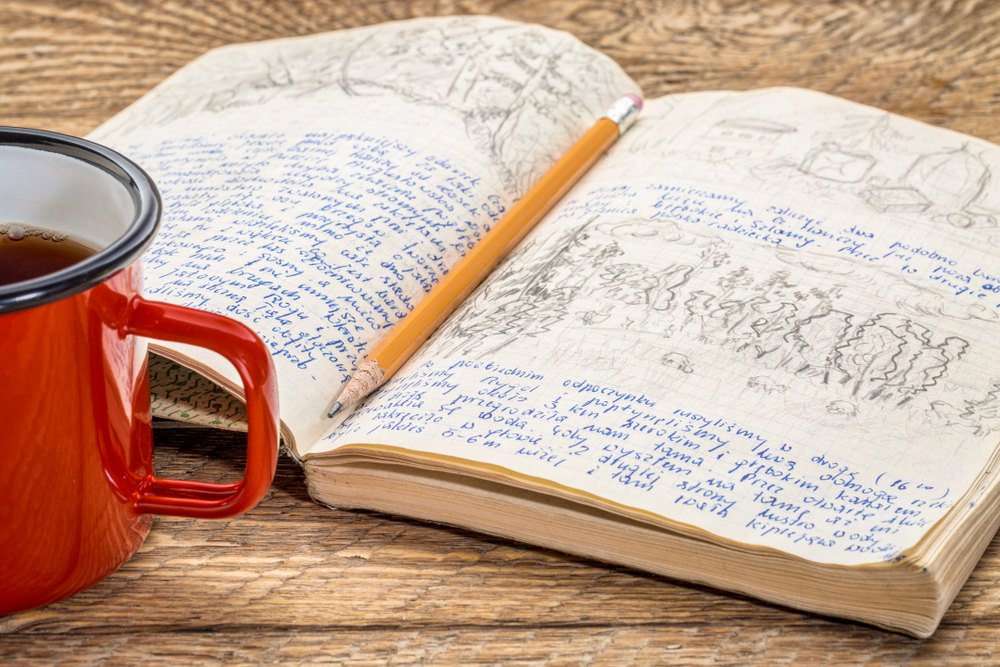“Fill your paper with the breathings of your heart.” William Wordsworth
It is a simple and profound ritual performed to gain clarity and insight, capture memories, or just get something off your chest. It can help focus your intentions, stay thankful, keep track of your physical and mental health, or even work through a tricky patch with a child or partner. And in the process, you may lower your blood pressure, reduce anxiety, increase concentration, vocabulary and overall intelligence, and improve your self-discipline and self-esteem.
Interested? All you need is pen and paper.
Journaling is a time-honored way of working through challenges while increasing self-awareness, communication and creativity.
Writing about your feelings used to be called keeping a diary, and that’s what my first journal was: A sweet little purple diary that Santa stuffed in my stocking the year I was 10. It had a tiny golden lock and key which may have been security overkill for a volume that was mostly devoted to boys I thought were cute. But even then I was hooked on the idea of a place to record whatever I wanted without judgment.
That same feeling of freedom — of being allowed to express and explore my thoughts without critique from teachers, parents or friends — was especially important when I was in high school and full of more angst (though still documenting potential boyfriends). I scribbled in proper bound volumes picked up in stationery stores and museum gift shops, but also on pages of lined notebook paper — daydreams, ideas for short stories, song lyrics, doodlings. When I reread that writing now I am struck by the balance of passionate intensity and utter nonsense — perhaps the very definition of being a teenager.
Writing daily and intensively during a trip can result in a collection that reads like part travel journal, part time capsule. During my year studying abroad in college I wrote every night — recounting, reminiscing, and mostly rejoicing in the magical time I was having with new friends, experiences, sights, and cultures. Of all the souvenirs I picked up during that period of my life, none is more precious to me than those sometimes short, sometimes long, sometimes funny, sometimes heartbreaking accounts of a girl finding herself half a world away from where she grew up.
Capturing a small bite every day, over a decade or longer, can paint a picture of a life that has breadth and depth, more so than might be achieved trying to “dig deeper” on fewer occasions. You can recap a day through foods you’ve eaten, funny conversations with a child, or an outing with a partner. These days, and for the past 10 years, I’ve kept a page-a-day journal that features just six lines on which to record an entire day. I’m always astonished to see that, though I don’t plan it, I regularly eat the same meal or do a similar activity on the same day each year!
Even if you don’t write daily, dumping jumping thoughts onto an unassuming piece of blank paper can be deeply therapeutic and help you work through worries and fears — no matter if you’re starting a new job, moving countries, becoming a parent, dealing with other types of loss and change, trying to solve difficult problem, or simply trying to figure out what to do next.
Journaling forces you to stay in the moment (otherwise known as practicing mindfulness), which in turn reduces anxiety and worry, and silences the proverbial “monkey mind.” Getting off the treadmill of overthinking and overanalyzing helps improve sleep and immunity and lowers blood pressure.
Regular journaling boosts your smarts. Simply by writing more, you’ll naturally increase your word choice and writing stamina. A consistent practice also improves concentration and memory, and can increase self-esteem as you review challenges you’ve overcome.
And speaking of overcoming challenges, regular writers also increase emotional intelligence by looking inward and becoming aware of patterns and beliefs. By cultivating your own self-awareness, you’ll harness empathy to better understand others, too. Additionally, a commitment to a consistent journaling practice helps focus and strengthen self-discipline in other areas of your life, from an exercise routine to healthy eating.
Still think journaling isn’t for you? Then turn it into something that is, and call it whatever you like. You can create lists, or jot down things you’re grateful for. You can set goals, reflect on projects, or start new ones. You can illustrate your musings using colored markers. When you’re having a hard time communicating face to face with someone, a shared journal can be a helpful tool: You write what you’re feeling, then hand it off for them to respond. (This works especially well with teenagers.) Maybe you’ll decide, as I did, that a travel journal would be a special way to preserve your memories. Your idea of journaling may be one of these or none of these. What matters is establishing a routine, and writing down what’s important to you in the moment. (And you need never start “Dear Diary …” unless you want to.)
After nearly 40 years of journaling, I can unequivocally say my life is the better for it. My current volume is so precious to me that whenever I travel, it rides shotgun in my purse. It’s a chunky little thing and takes up a fair amount of room, as well as adding weight to my already overloaded handbag. But I think it deserves special treatment. It is, after all, the story of my life.
To Think About:
- “Just start writing” can be infuriating advice when a blank piece of paper seems to be mocking you. That’s why journaling prompts can be incredibly helpful. You can buy journals with prompts built in, but Medium.com has a list of 70 suggestions which range from your childhood to your career to your relationships to help spark inspiration.
- Establishing a routine can be one of the most significant benefits of journaling. Whether you choose to write first thing in the morning, last thing at night, on the 15th day of the month, whenever there’s a full moon … be consistent and make the time sacred. This is what leads to benefits for mind, body and spirit.
- “Bullet journals” have become trendy in recent years, and have expanded the idea of what journaling can be. Equal parts day planner and to-do list, they incorporate illustrations, calendars, goals and inspiration. If you are new to journaling or want your journal to aid your productivity or efficiency in addition to your mindfulness, this may be a good place to start.
by Stefin Kohn, Contributing Writer







